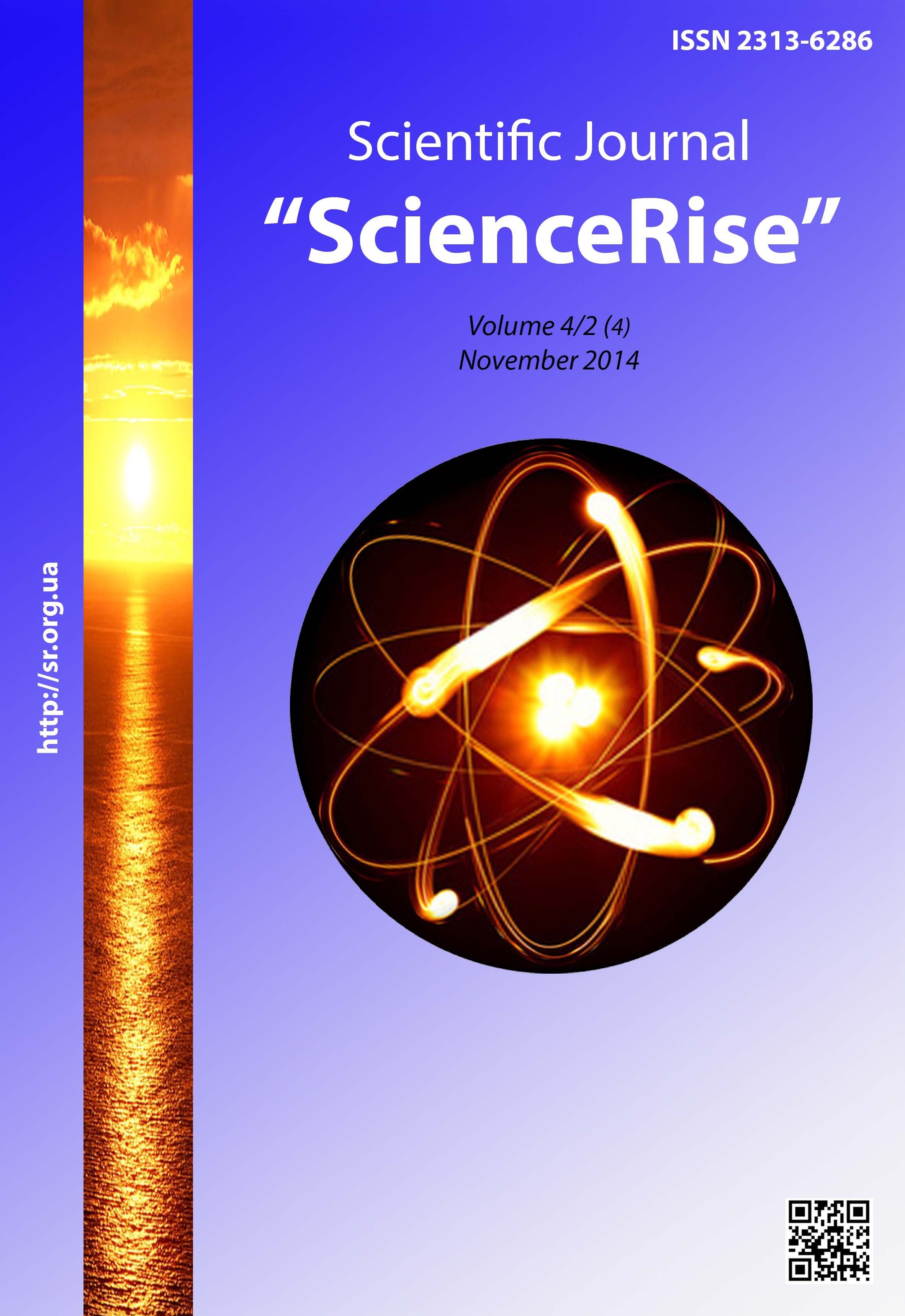Forecast the distribution of passenger correspondences on the route network sections
DOI:
https://doi.org/10.15587/2313-8416.2014.29791Keywords:
passenger, route, choosing route probability, attractiveness, waiting time at the bus stopAbstract
We present an iterative algorithm for the calculation of predicted values of the urban transport route network sections traffic. This algorithm is designed for use in automated design systems of urban passenger transport systems and based on accounting for the influence of the actual waiting time of a passenger at a bus stop point on the probability of choice of route alternative sets. Using this approach allows to increase the accuracy of the forecast for 5–10 %.
References
Dolya, V. K. (1993). Theoretical basics and methods for organization of passenger bus transportation in largest cities. Exploitation of automobile transport. Moscow Automobile and Highway Institute, 301.
Vdovichenko, V. O. (2004). Effectiveness of city transport system performance. Transport systems. National transport university, 20.
Gorbatchov, P. F., Kopytkov, D. M. (2008). Estimation of passenger reaction on waiting time of urban passenger transport. Eastern-European Journal of Enterprise Technologies, 31, 40–42.
Ben-Akiva, M. E., Bierlaire, M. (2003). Discrete choice models with applications to departure time and route choice. Handbook of Transportation Science, 32.
Qiao, K., Zhao, P., Qin, Z.-P. (2013). Passenger route choice model and algorithm in the urban rail transit network. Journal of Industrial Engineering and Management, 6 (1), 113–123. doi: 10.3926/jiem.595
Nefedov, N. A., Al'bert, Avua Dzh. Experimental research of passenger trip route choice probability. Eastern-European Journal of Enterprise Technologies, 3/12, 113–123. Available at: http://journals.uran.ua/eejet/article/view/23140/20894
Downloads
Published
Issue
Section
License
Copyright (c) 2014 Николай Анатольевич Нефедов, Альберт Авуа Джуниор

This work is licensed under a Creative Commons Attribution 4.0 International License.
Our journal abides by the Creative Commons CC BY copyright rights and permissions for open access journals.
Authors, who are published in this journal, agree to the following conditions:
1. The authors reserve the right to authorship of the work and pass the first publication right of this work to the journal under the terms of a Creative Commons CC BY, which allows others to freely distribute the published research with the obligatory reference to the authors of the original work and the first publication of the work in this journal.
2. The authors have the right to conclude separate supplement agreements that relate to non-exclusive work distribution in the form in which it has been published by the journal (for example, to upload the work to the online storage of the journal or publish it as part of a monograph), provided that the reference to the first publication of the work in this journal is included.

